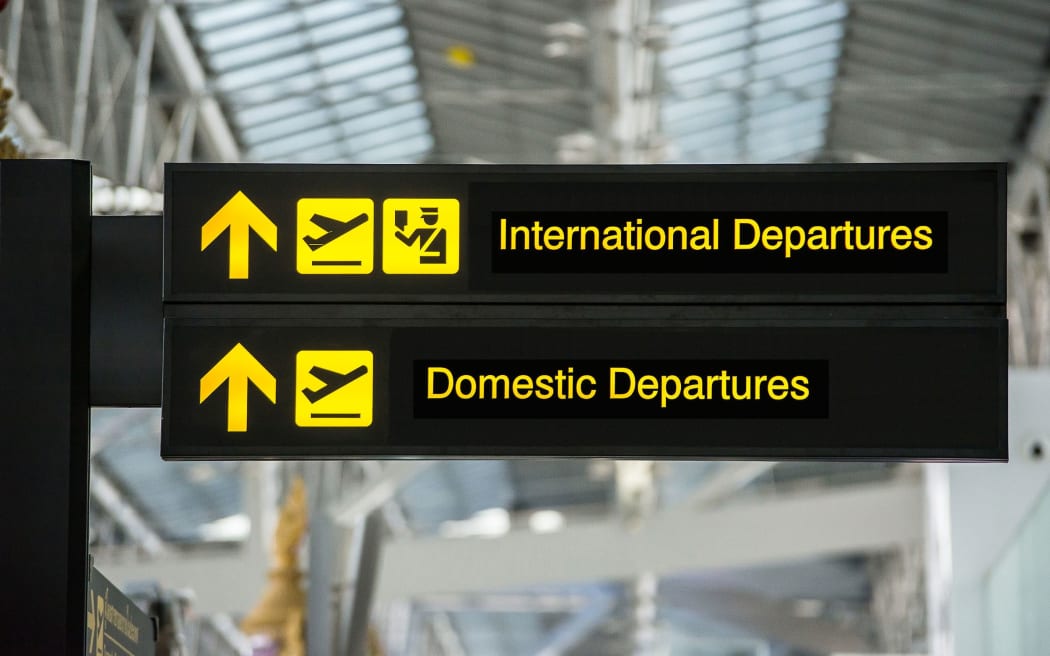A man who had a secret family in Vietnam while married to a New Zealander has been deported.

Photo: 123rf
The man lived unlawfully in New Zealand from 2001.
His daughter told immigration officials he had always been conflicted by the double life he was leading.
She was three when he left her and her mother, his first wife, in Vietnam.
But he later returned to Vietnam and had a second child while getting New Zealand residency through a second wife.
The Immigration and Protection Tribunal said allowing his appeal against deportation would 'seriously undermine the integrity' of the immigration system.
However, he could still apply for visitor visas as his first daughter and grandchildren now live here.
The man borrowed money to pay an education agent for a student visa in 1998, in the hope he could find work in New Zealand.
"In Vietnam, creditors harassed the wife to repay the loan," according to the summary of his tribunal evidence. "This resulted in serious disharmony between [him] and his wife and resulted in her ending their relationship so she would no longer be harassed for the debt."
He met his second wife in New Zealand in 2004 and married her four years after, later saying he thought he was divorced.
"In January 2012, [the man's] mother died, and he returned to Vietnam. [He] met his first wife there and she became pregnant with their second child. In April 2012, [he] applied for a resident visa based on his partnership with his second wife."
She became suspicious of his past and after he visited Vietnam for a month or two or at a time for two years, they separated.
In the meantime, his eldest daughter found out who her father was and came to New Zealand, telling Immigration New Zealand (INZ) about her father's two families in 2014 and again three years later when she applied for a work visa.
"She advised during the verification process that she lost contact with you when she was three years old and was not aware that you had entered New Zealand. [She] added that you were always conflicted with the double life you were leading, and that in 2016, you decided to return to Vietnam to live with [the first wife and second daughter]."
But a furniture business he ran in Vietnam failed and he returned to live with his eldest daughter in Auckland in 2018, helping her as a single parent of two children.
"He has no connection with or intention to reconcile with his first wife in Vietnam or his second wife and he has no partner in New Zealand," the tribunal was told. "If deported to Vietnam, he would suffer social stigma and may engage in self-harm. [He] is remorseful for the errors in his visa applications, but he did not speak English and the errors were unintentional."
The tribunal ruled he had exceptional humanitarian circumstances but it would not be unduly harsh to deport him, given the gravity of the lies he told.
"If [he] had disclosed the true facts in his applications, it is unlikely that his application for residence based on his partnership with his second wife would have succeeded. If there had been full disclosure by the appellant, his partnership with his second wife would not have been perceived as genuine, stable, and likely to endure.
"Immigration New Zealand depends on applicants to provide reliable and accurate evidence. It was a serious matter that the appellant was granted a resident visa to enter New Zealand based on false and misleading information and relevant information concealed from Immigration New Zealand."


